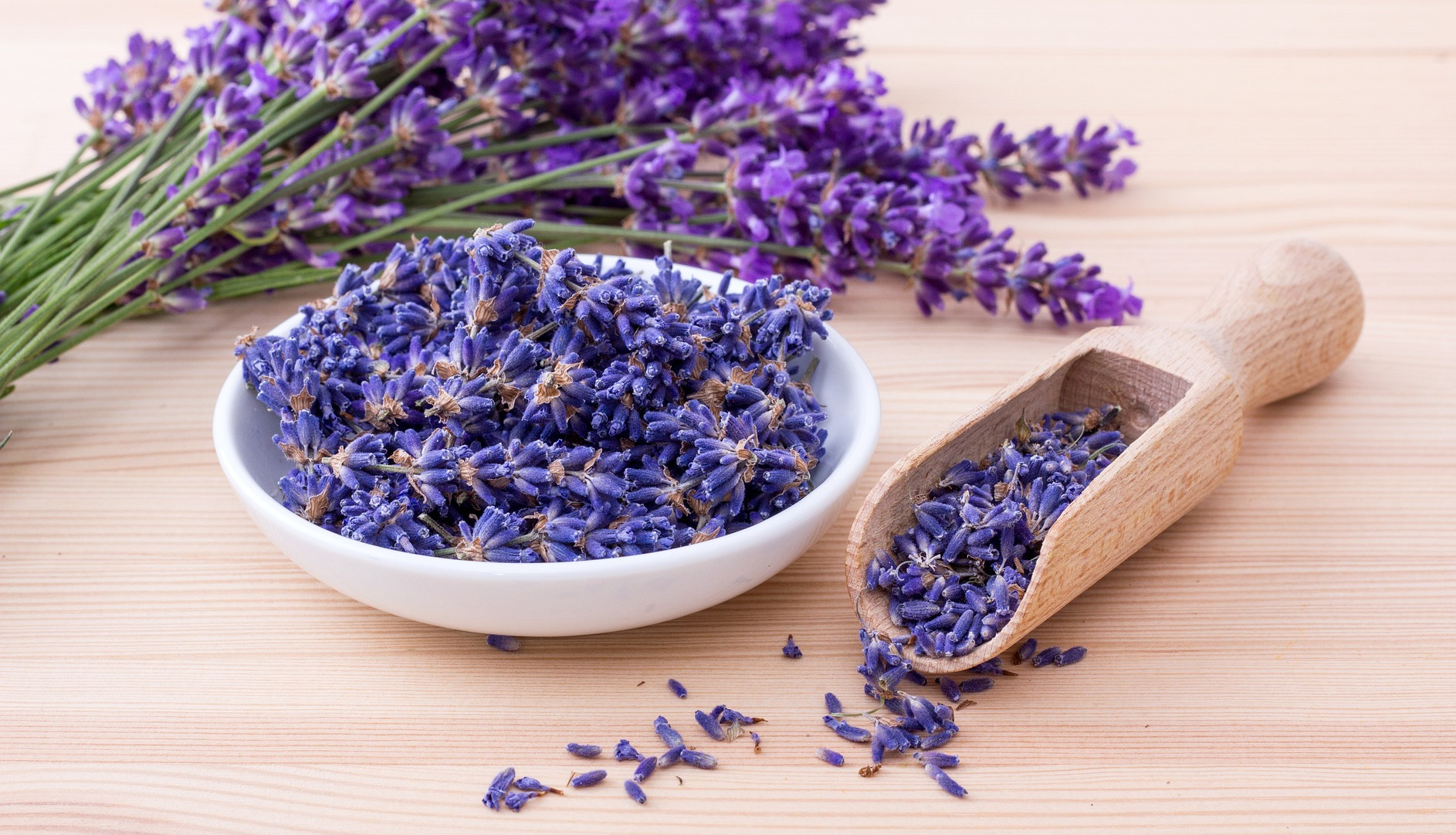Aromatherapy and Essential Oils for Supporting Diabetes Wellness
Living with diabetes can be challenging, but with the right tools and care, managing the symptoms and complications can be a bit easier. While essential oils can't cure diabetes or stabilize blood sugar levels, they can complement your wellness routine. These natural remedies offer many benefits, from improving circulation to reducing stress and supporting skin health.
Essential oils can be a gentle and supportive addition to your diabetes care routine. These natural remedies offer multiple benefits, from improving circulation to reducing stress and soothing skin. While they won’t replace your prescribed treatments, they can enhance your overall well-being.
As always, consult with your doctor before starting anything new, and enjoy exploring the calming and rejuvenating effects of essential oils. With some care and creativity, you can make aromatherapy a rewarding part of your diabetes management plan.
Let’s explore how essential oils can help with some of the common issues associated with diabetes and how to use them safely and effectively.
Precautions When Using Essential Oils
While essential oils can be incredibly helpful, using them safely is important, especially if you have diabetes.
Essential Oils to Avoid
- Angelica: Can overstimulate the nervous system.
- Clove and Cinnamon: May irritate the skin or thin the blood.
General Safety Tips
- Dilution is Key: Always dilute essential oils with a carrier oil before applying them to your skin.
- Test for Sensitivity: Perform a patch test on your wrist or inner arm to ensure you don’t have a reaction.
- Consult Your Doctor: Talk to your healthcare provider, especially if you take medications or are pregnant.
- Avoid Ingestion: Do not ingest essential oils unless directed by a qualified professional.
Daily Ideas for Using Essential Oils
- Morning Routine: Start your day with a foot massage using peppermint and cypress oils to boost circulation.
- Midday Break: Diffuse bergamot or lavender while you relax or meditate to reduce stress.
- Evening Wind-Down: Take a bath with chamomile and frankincense oils for a calming end to your day.
How Essential Oils Can Help
Essential oils are known for their soothing properties and can be especially helpful for people managing diabetes. While they don’t directly lower blood sugar, they can:
- Boost circulation: Poor blood flow is a common concern with diabetes.
- Help with skin health: Diabetes can make wounds heal slower and increase the risk of infections.
- Ease stress: Aromatherapy can help you relax, which is essential since stress can raise blood sugar levels.
- Reduce inflammation: Chronic inflammation is often linked to diabetes complications.
.
Best Essential Oils for Circulation
Essential oils can improve blood flow and warm your hands and feet if you struggle with cold or numb extremities. Some of the best oils for circulation include:
- Black Pepper: A warming oil that stimulates blood flow.
- Ginger: Helps with circulation and reduces inflammation.
- Cypress: Known for improving vein health and boosting circulation.
- Lavender: Soothing and relaxing, with added anti-inflammatory benefits.
- Helichrysum: A wonderful oil for promoting healthy tissue regeneration.
How to Use Essential Oils for Circulation
Foot Soak:
- Add 10–20 drops of your favorite essential oil to a basin of warm water.
- Soak your feet for 15–20 minutes to relieve coldness and improve circulation.
Massage:
- Mix 10–15 drops of essential oil with 1 ounce of a carrier oil like sweet almond or coconut oil.
- Massage your feet, hands, and legs to stimulate blood flow.
Daily Routine:
- Add a few drops of eucalyptus or lavender to a diffuser to create a calming environment that supports circulation.
Supporting Skin Health with Essential Oils
Diabetes can make the skin more prone to infections and slower to heal. Essential oils with antimicrobial and soothing properties can help keep your skin healthy.
Top Oils for Skin Health
- Tea Tree: A powerful antiseptic that fights bacteria and fungi.
- Lavender: Known for its calming and healing properties.
- Palmarosa: Hydrates and soothes irritated skin.
- Peppermint: Provides a cooling effect for inflamed or itchy skin.
- Rosemary: Promotes cell regeneration and helps with minor skin irritations.
How to Use Essential Oils for Skin Health
- Topical Application: Mix 2–3 drops of essential oil with a carrier oil and apply to cuts, scrapes, or irritated skin. Avoid open wounds.
- Compress: Add a few drops of essential oil to warm water. Soak a clean cloth, wring it out, and apply it to the skin for relief.
- Bath Soak: To soothe your skin, add 10–15 drops of lavender or tea tree oil to a warm bath.
Relaxation and Stress Relief
Stress can wreak havoc on blood sugar levels, so finding ways to relax is a big part of managing diabetes. Aromatherapy is an excellent way to help you unwind after a busy day.
Best Essential Oils for Stress Relief
- Lavender: The ultimate calming oil.
- Chamomile: Promotes relaxation and better sleep.
- Bergamot: Uplifting and soothing, perfect for mood swings.
- Ylang Ylang: Helps reduce stress and lower blood pressure.
- Frankincense: Balances emotions and promotes deep breathing.
How to Use Essential Oils for Stress Relief
- Diffuser: Add 5–10 drops of your chosen oil to a diffuser and enjoy the calming aroma.
- Inhalation: Put a drop of oil on a tissue or cotton ball and take a few deep breaths.
- Massage: Blend 5 drops of lavender or chamomile with a carrier oil and massage onto your neck or shoulders.
Can Essential Oils Help with Blood Sugar?
While essential oils can’t directly lower blood sugar, some natural therapists suggest they might help with insulin resistance or metabolic processes.
Oils to Consider
- Coriander: May support healthy blood sugar levels.
- Dill: Believed to assist with insulin sensitivity.
- Fennel: Supports digestion and overall metabolic health.
How to Use Essential Oils to Help With Blood Sugar
- Massage 1–2 drops of diluted oil onto the soles of your feet twice daily.
- Always consult your doctor before using these oils as part of your routine.







